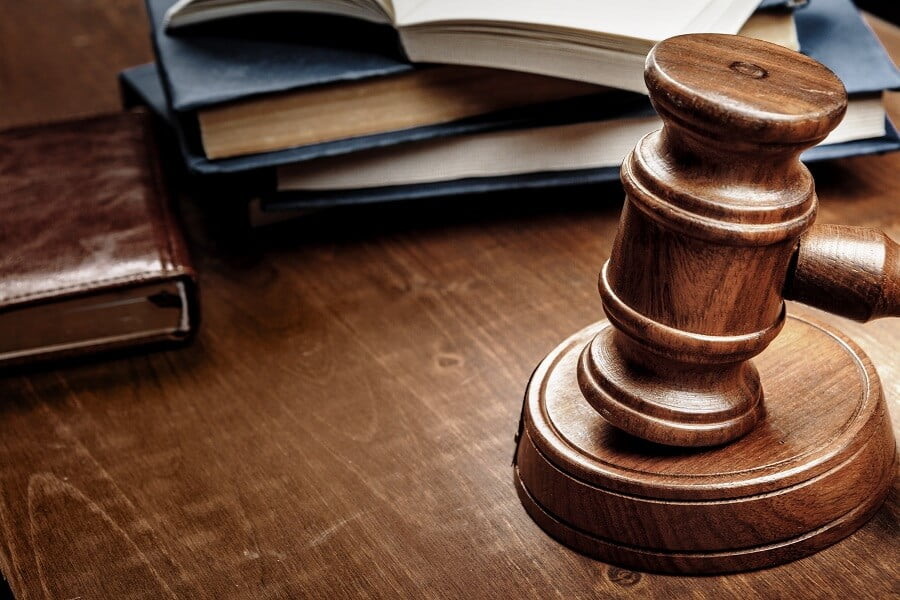Criminal justice lawyers play a critical role in ensuring the fairness of legal proceedings by rigorously examining and challenging the evidence presented against their clients. When a case goes to trial, the prosecution must prove the defendant’s guilt beyond a reasonable doubt, relying heavily on evidence collected during the investigation. A skilled defense lawyer scrutinizes this evidence to identify any weaknesses, inconsistencies, or violations of legal procedures that could undermine its credibility. This process is essential to protecting the rights of the accused and upholding the principles of justice. One common method used by criminal lawyers to challenge evidence is questioning the validity of how it was obtained. If evidence was collected unlawfully for example, without a proper search warrant or through coercion such evidence may be excluded from the trial under the exclusionary rule. Defense attorneys thoroughly investigate the chain of custody, ensuring that the evidence has been handled correctly and not tampered with or contaminated. By doing so, they aim to prevent unreliable or prejudicial evidence from influencing the jury or judge.

Another crucial strategy involves analyzing the reliability of eyewitness testimony. Eyewitness accounts, although often compelling, can be flawed due to human memory limitations, stress, or bias. Criminal lawyers carefully cross-examine witnesses to reveal any contradictions or uncertainties in their statements. They may also introduce expert testimony on how factors such as lighting, distance, or the witness’s mental state could affect perception. By casting doubt on eyewitness reliability, the defense can weaken the prosecution’s case significantly. Forensic evidence, such as DNA, fingerprints, or digital data, is frequently pivotal in criminal trials. However, this type of evidence is not infallible and must be rigorously examined. Criminal justice lawyers often consult with independent experts to review the methods and technology used in gathering forensic evidence. If there are errors in testing procedures, contamination, or misinterpretation of results, the defense can challenge the scientific validity of the evidence, potentially leading to its exclusion or diminished weight.
In addition to attacking the evidence itself, defense lawyers highlight procedural errors made by law enforcement or prosecutors that may violate the defendant’s constitutional rights. These violations can range from illegal searches and seizures to failure to provide Miranda warnings and check here prescottenews.com. When such errors are proven, the defense may file motions to suppress the affected evidence, arguing that it should not be admissible in court. This protects defendants from unfair treatment and reinforces legal standards. The goal of a criminal justice lawyer in challenging evidence is to create reasonable doubt about the prosecution’s case. By meticulously dissecting the evidence and procedure, they work to ensure that only reliable, lawfully obtained evidence is considered. This commitment not only safeguards individual rights but also promotes the integrity of the criminal justice system as a whole.
